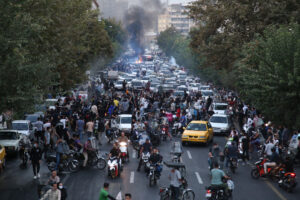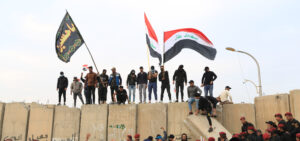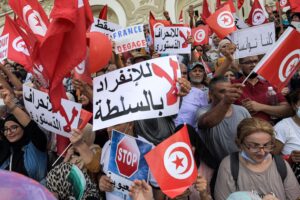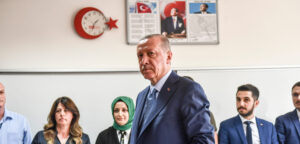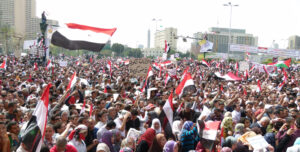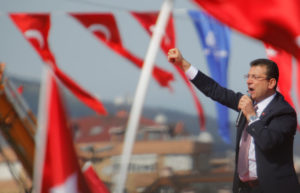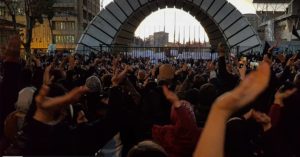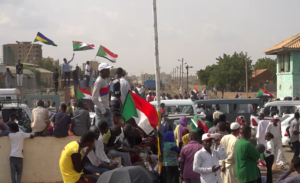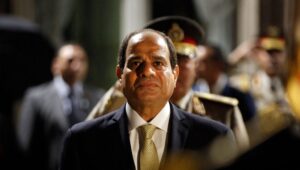

January 2024, Volume 35, Issue 1
The Autocrat-in-Training: The Sisi Regime at 10
Egypt’s general-turned-president has spent lavishly, cemented the military’s political and economic control, and, afraid of suffering Mubarak’s fate, become increasingly repressive. But with crushing inflation and everyday people suffering, is Sisi losing his grip?



